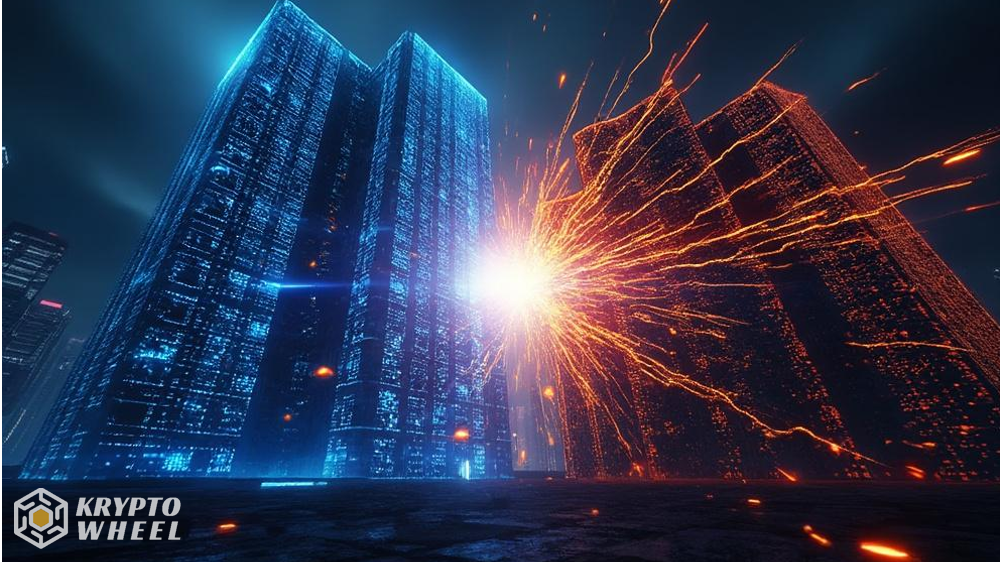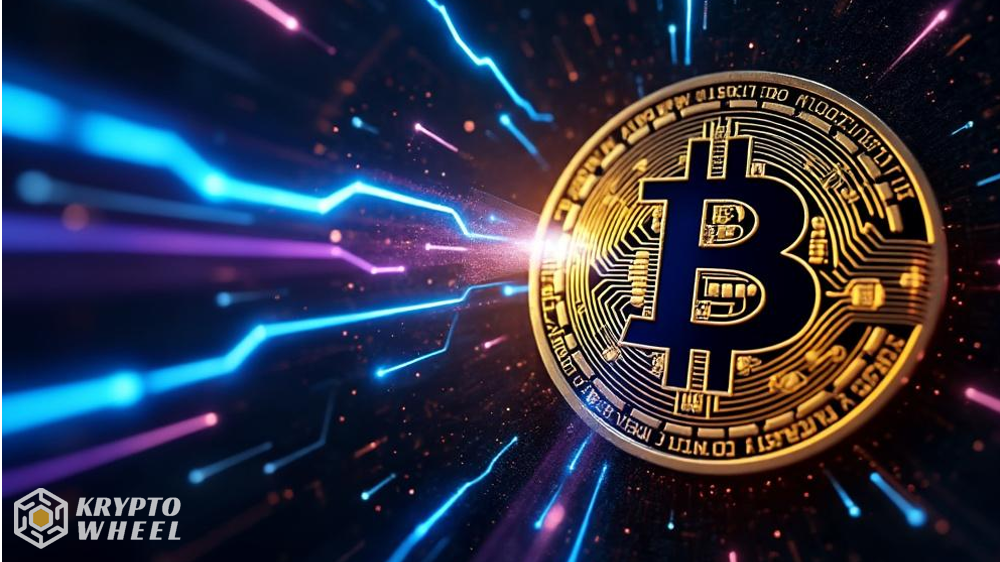So, the Department of Justice made a big announcement today. Or, well, it felt like a big announcement. Acting Assistant Attorney General Matthew Galeotti spoke at an American Innovation Project event and said the DOJ won’t go after open-source crypto developers who aren’t trying to break the law.
It sounds straightforward. Maybe even a little encouraging. The speech reinforced a memo from Deputy AG Todd Blanche back in April, which said the era of “regulation by enforcement” was over. The idea is to provide some clarity, to stop leaving developers guessing about what might get them into legal trouble.
A Shift in Tone, But Is It Substance?
Galeotti had some strong lines. He said, “merely writing code without ill intent is not a crime.” He also talked about not holding developers responsible for how other people misuse their “neutral tools.” On the surface, it’s exactly what a lot of people in crypto have wanted to hear for years. You could see the optimistic quotes start to pop up on social media almost immediately.
But then you read a bit further, and the old skepticism creeps back in. It’s the details that get you. The speech left a lot of room for interpretation, particularly around this idea of “criminal intent.”
The Devil in the Details
Galeotti noted that the DOJ could still bring charges under a specific statute (18 U.S.C. § 1960(b)(1)(C)) if they believe someone knew funds were from crime. He also said that if “criminal intent is present,” all bets are off. And that’s the problem. Intent can be argued. It can be inferred from old tweets or off-hand comments, like that infamous Samourai Wallet post joking about Russian oligarchs.
It makes you wonder if the cases against developers from Samourai or Tornado Cash would play out any differently today. Probably not. A joke online could still be twisted into evidence of a guilty mind.
So What Now?
This feels less like a binding policy shift and more like a speech. A lot of prominent voices, like Peter Van Valkenburgh from Coin Center, are calling it encouraging but incomplete. The real fix likely has to come from Congress, through something like the Blockchain Regulatory Certainty Act, to create a real safe harbor.
For now, developers are still in a precarious spot. The cloud of uncertainty might have thinned a little, but it hasn’t gone away. The DOJ says it doesn’t want to prosecute coders, but it’s also keeping all its options open. And that’s not exactly comforting.










